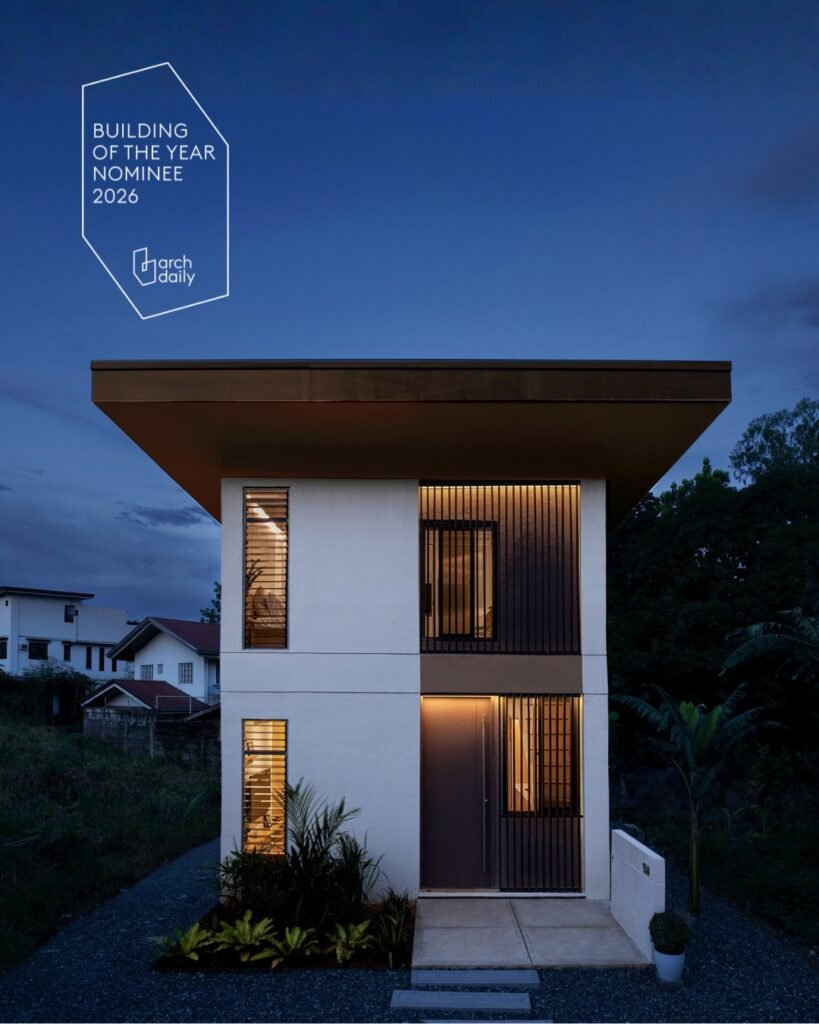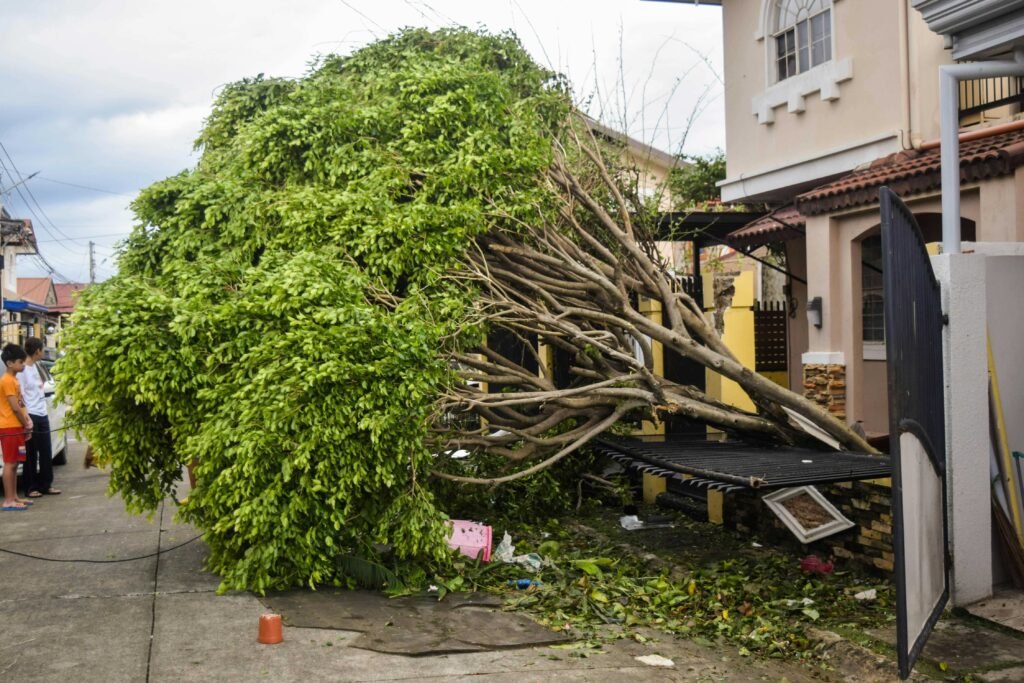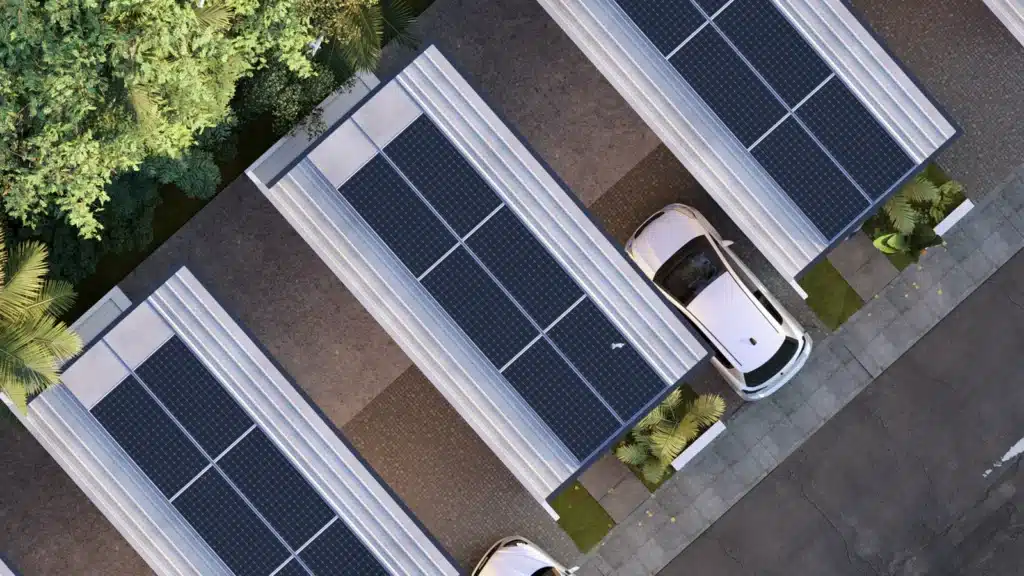This article empowers readers to address water scarcity in Indonesia through the transformative power of rainwater harvesting. Discover sustainable water practices’ environmental, economic, and community benefits and learn how to live a net-zero lifestyle.
Water scarcity is a pressing issue in Indonesia, a country located in Southeast Asia. This article explores the importance of sustainable water solutions, focusing on rainwater harvesting, as a transformative approach to address water scarcity and promote a sustainable lifestyle.
Introduction to Water Challenges in Indonesia
With a rapidly growing population and changing climate patterns in Indonesia, the availability of clean and safe water for communities is becoming increasingly challenging. Water scarcity affects both urban and rural areas, impacting livelihoods, health, and overall quality of life.
Moreover, there is a need to recognize that it is crucial to explore sustainable water solutions, particularly for housing, to ensure a reliable and accessible water supply for all. If not acted upon, the challenges may escalate into a more alarming crisis, jeopardizing the country’s stability.
Benefits of Rainwater Harvesting Systems
Rainwater harvesting offers numerous environmental advantages that can alleviate water scarcity in Indonesia. By capturing rainwater, the strain on local water sources is reduced, promoting their preservation and sustainability.
This method provides an alternative water source that can be utilized for non-potable purposes, such as irrigation or toilet flushing, thereby conserving precious freshwater supplies. Additionally, rainwater harvested from rooftops is generally cleaner than groundwater, potentially improving household water quality and availability.
Implementation and Design Considerations
When implementing rainwater harvesting systems in Indonesia, it is essential to consider the country’s unique climate and topography. Techniques such as rooftop catchment, surface runoff collection, and groundwater recharge systems are suitable for Indonesia’s tropical climate with abundant rainfall.
Innovative technologies like efficient guttering systems, storage tanks, and filtration systems can be integrated into housing designs to optimize rainwater harvesting. Several case studies have showcased the successful implementation of rainwater harvesting in homes and communities across Indonesia, highlighting the feasibility and effectiveness of these systems.
Rainwater Harvesting in Bekasi, Indonesia
One example is a case study titled “Profiling the implementation of rainwater harvesting in Bekasi, Indonesia.” This study examines how rainwater harvesting could be used to improve water security in Bekasi, specifically in the regions of Keputih, Kejawan, and Gebang Putih Surabaya.
The study found that most people in Bekasi City rely on groundwater for their water needs. However, the average annual rainfall in Bekasi City is 483.3 millimeters, which is reliable enough to support rainwater harvesting. Rainwater harvesting could potentially provide up to 12.73% of the city’s water needs during the rainy season.
The study also found that 49% of Bekasi residents already collect rainwater at their homes. However, more needs to be done to encourage people to harvest rainwater. A comprehensive approach is needed, involving education, awareness-raising, and financial incentives.
Rainwater Harvesting at a Five-star Hotel in East Jakarta
Also, in East Jakarta, a recent study was conducted on the application of rainwater harvesting at a five-star hotel. The rainwater collected from the roof and walls could be used for non-potable uses such as flushing toilets, cleaning the outdoor areas, and gardening.
The study also found that rainwater harvesting could save the hotel 12% on its annual water costs. This makes rainwater harvesting a feasible and cost-effective way for hotels to reduce their water consumption and improve their water security.
Economic Considerations and Community Involvement
One of the significant advantages of rainwater harvesting is its cost-effectiveness and long-term savings for households. By reducing reliance on treated and piped water, families can save on water bills, freeing up resources for other essential needs.
The initial investment in rainwater harvesting systems may be recouped over time, leading to financial benefits in the long run. Promoting community-led initiatives and educating the public about the benefits of rainwater harvesting can further encourage its adoption and create a sense of shared responsibility towards sustainable water management.
Challenges and Future Prospects
While rainwater harvesting presents tremendous potential, there are also challenges to overcome. Misconceptions about water quality and technical complexities surrounding system installations need to be addressed through awareness campaigns and education.
Additionally, policymakers should prioritize rainwater harvesting in water management strategies to ensure its wider adoption. Developing regulations, incentives, and guidelines for incorporating rainwater harvesting into building codes and urban planning can help drive transformation towards sustainable water practices in Indonesia.
Embrace Rainwater Harvesting, Save Indonesia from Water Scarcity
Living a sustainable lifestyle through sustainable architecture and a net-zero water footprint is not only beneficial for individuals but also for the entire community and the environment. By embracing rainwater harvesting, people can address water scarcity, reduce reliance on piped water, and contribute to more sustainable water management practices.
Let us collectively work towards a future where water scarcity is no longer a concern but rather a challenge we have overcome through innovation and sustainable living practices.
If you have a project in mind, we would love to hear about it and explore ways to work together.
Please book a discovery call with BillionBricks: https://billionbricks.org/contact-us-ph or visit billionbricks.org for more information.
If you are eager to learn more about climate-related issues, we encourage you to explore another informative article: “Why Are the Lakes Drying Up? Is It Still Up for Sustainability? Simple Answers Now.”
Resources:
-
International Monetary Fund. Asia and Pacific Dept. Indonesia and Climate Change: Recent Developments and Challenges. Retrieved from: https://www.elibrary.imf.org/view/journals/002/2021/047/article-A007-en.xml
-
Water.org. Indonesia’s water and sanitation crisis. Retrieved from: https://water.org/our-impact/where-we-work/indonesia/
-
BYJU’s. Rainwater Harvesting. Retrieved from: https://byjus.com/biology/rainwater-harvesting/
-
United Nations Climate Change. Rainwater Harvesting as an Alternative Sources of Clean Water in Semarang City – Indonesia. Retrieved from: https://unfccc.int/climate-action/momentum-for-change/activity-database/momentum-for-change-rain-water-harvesting-as-an-alternative-sources-of-clean-water-in-semarang-city
-
Norken et. al. Rainwater Harvesting for Drinking Water in Bali, Indonesia. Retrieved from: https://www.asianinstituteofresearch.org/ETQRarchives/Rainwater-Harvesting-for-Drinking-Water-in-Bali%2C-Indonesia-





